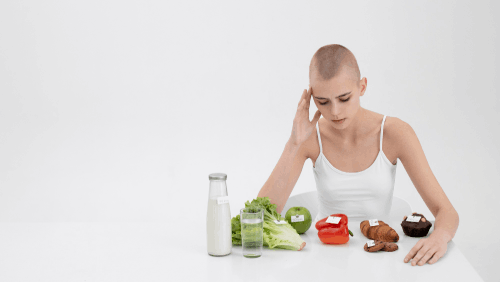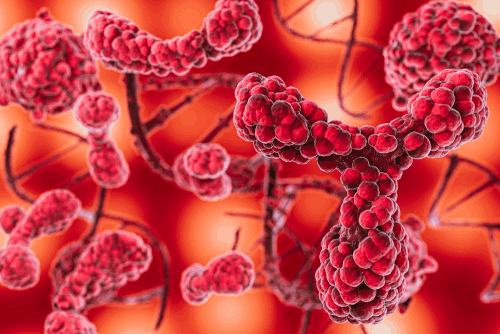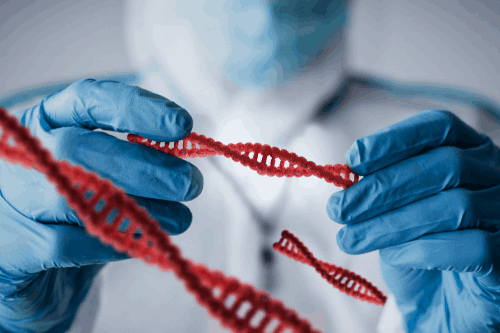News
10
Jul
Nutrition and Cancer: Exploring the Impact of a Healthy Diet on Prevention, Treatment, and Well-being

Cancer is a complex and devastating disease that affects millions of people worldwide. While medical advancements have significantly improved cancer treatment outcomes, the importance of nutrition in cancer prevention, treatment, and overall well-being cannot be overlooked. Research suggests that adopting a healthy diet and making specific dietary choices can play a crucial role in reducing cancer risk, supporting treatment effectiveness, and promoting general well-being. This article explores the impact of nutrition on cancer, highlighting key dietary factors and their potential benefits.
The Link between Diet and Cancer Risk
Numerous studies have established a strong association between diet and cancer risk. Certain dietary factors have been linked to an increased likelihood of developing cancer, such as excessive consumption of processed meats, sugary foods, and refined carbohydrates. On the other hand, a diet rich in fruits, vegetables, whole grains, lean proteins, and healthy fats has been associated with a lower risk of cancer. These foods provide essential nutrients, antioxidants, and phytochemicals that help protect against cellular damage, inflammation, and the development of cancerous cells.
Dietary Choices for Cancer Prevention
a. Plant-Based Diets: Plant-based diets, such as the Mediterranean diet or a vegetarian/vegan approach, emphasize the consumption of fruits, vegetables, whole grains, legumes, and nuts. These diets are often rich in fiber, vitamins, minerals, and antioxidants, which have been associated with a reduced risk of various types of cancer.
b. Antioxidant-Rich Foods: Antioxidants help neutralize harmful free radicals, reducing the risk of DNA damage and cellular mutations. Foods such as berries, leafy greens, tomatoes, cruciferous vegetables, and green tea are excellent sources of antioxidants and should be included in a cancer-preventive diet.
c. Healthy Fats: Omega-3 fatty acids found in fatty fish, flaxseeds, and walnuts have shown potential in reducing inflammation and inhibiting tumor growth. Choosing healthy fats over saturated and trans fats may help lower the risk of certain cancers.
Nutrition during Cancer Treatment
a. Maintaining Adequate Nutritional Status: Cancer treatments, such as chemotherapy and radiation, can cause various side effects that affect appetite, digestion, and nutrient absorption. It is crucial for individuals undergoing treatment to maintain adequate nutrition to support their overall well-being and enhance treatment effectiveness. Consuming nutrient-dense foods, managing symptoms, and working closely with healthcare professionals and registered dietitians can help ensure optimal nutrition during treatment.
b. Individualized Approaches: Each cancer patient's nutritional needs may differ based on the type and stage of cancer, treatment plan, and personal circumstances. Consulting with a healthcare professional or registered dietitian can help tailor dietary recommendations to individual needs, ensuring adequate nutrient intake and managing treatment-related side effects.
The Role of Weight Management
Maintaining a healthy weight is an essential aspect of cancer prevention and overall well-being. Obesity has been linked to an increased risk of several types of cancer. Adopting a balanced diet and engaging in regular physical activity can help achieve and maintain a healthy weight, reducing the risk of cancer and improving treatment outcomes.
Emotional Well-being and Nutrition
Cancer diagnosis and treatment can take a toll on emotional well-being. Stress, anxiety, and depression are common experiences. Proper nutrition plays a crucial role in supporting mental health and overall well-being during and after cancer treatment. Adequate nutrient intake, hydration, and mindful eating can contribute to improved mood, energy levels, and overall quality of life.
Conclusion
While nutrition alone cannot prevent or cure cancer, adopting a healthy diet and making specific dietary choices can have a positive impact on cancer prevention, treatment, and overall well-being. A well-balanced diet, rich in plant-based foods, antioxidants, healthy fats, and adequate hydration, can contribute to a reduced risk of cancer, support treatment effectiveness, and improve quality of life during and after treatment. It is essential for individuals to work closely with healthcare professionals and registered dietitians to develop personalized nutrition plans that address their specific needs and optimize their overall well-being on their cancer journey.
Featured News

Uniting Against Cancer: How Cancer Communities Empower Patients and Families
we will explore the importance of cancer communities, how they empower patients and families, the support and resources they offer, and their role in promoting cancer awareness.
see more


Are there any emerging biomarkers that show promise for early disease detection or personalized medicine?
see more

